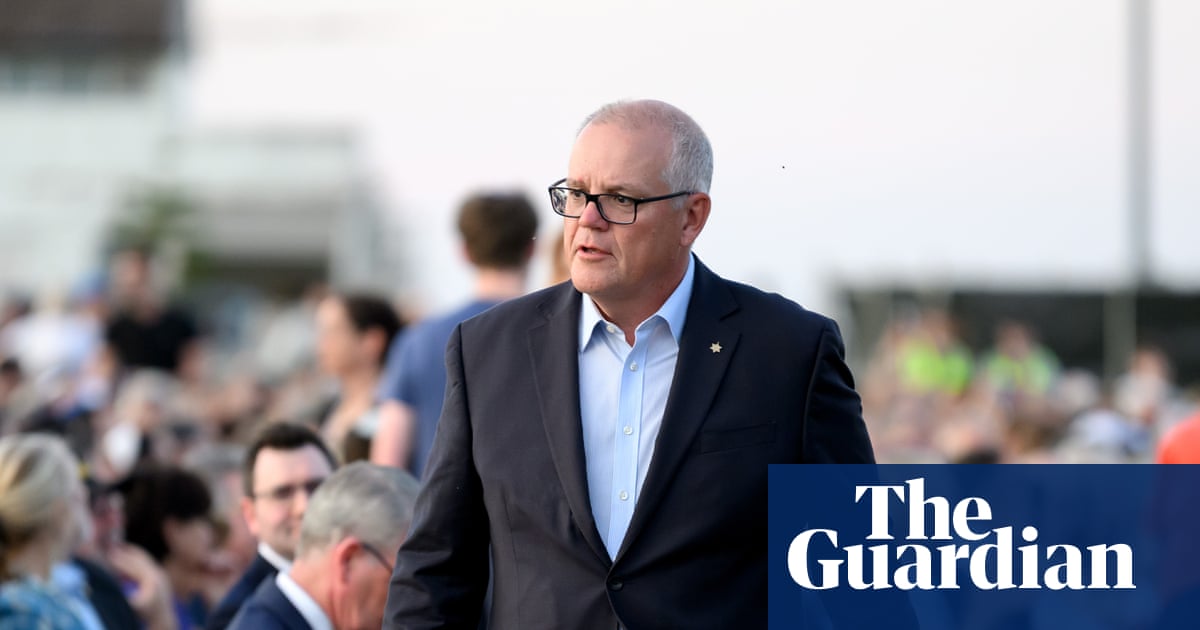Scott Morrison’s Upcoming Testimony on Economic Coercion
Former Australian Prime Minister Scott Morrison is set to make headlines as he testifies next week at a U.S. House panel hearing focused on countering China’s “economic coercion against democracies.” This hearing, organized by the House select committee on China, underscores the increasing scrutiny of China’s tactics in international trade and its impact on democratic nations.
The Context of Economic Coercion
The context of Morrison’s testimony lies in his government’s fraught relationship with China. In 2018, Australia took a significant step by banning Huawei from its 5G broadband network, a decision that was met with disdain from Beijing. Relations soured further in 2020 when Morrison’s administration called for an independent investigation into the origins of the Covid-19 pandemic. These moves were interpreted by many as a challenge to China’s influence, prompting retaliatory measures from Beijing.
Retaliation From China
China’s response to Australia’s actions was swift and severe. The imposition of tariffs on key Australian commodities—such as wine and barley—along with the restriction of beef, coal, and grape imports, was categorized by the U.S. as “economic coercion.” These actions were seen as an attempt to pressure Australia into softening its stance and highlighting the potential risks of economic dependency on a single trading partner.
Morrison’s Defeat and the Shift in Leadership
Morrison’s government ultimately fell short in the 2022 election, with Anthony Albanese taking over as Prime Minister. This change in leadership marks a pivotal moment in Australian foreign policy, particularly regarding China. In a recent visit to Beijing, Shanghai, and Chengdu, Albanese emphasized a recommitment to strengthening ties with China amid ongoing geopolitical instability. His six-day visit has sparked debate within Australia, as critics argue that he is being overly "indulgent" given the past tensions.
Rebuilding Relations: Albanese’s Approach
Albanese’s diplomatic efforts aim to mend the frayed relationship with China. Reports indicate that Australia is on the verge of reaching an agreement with Beijing that would permit the shipment of five trial canola cargoes. This move could signal the beginning of a thaw in trade relations following several years of conflict and economic sanctions. Notably, this comes as diplomatic ties between China and Canada are strained, following Canada’s 100% tariffs on canola meal and oil.
Rahm Emanuel’s Critique of China
Joining Morrison at the hearing will be Rahm Emanuel, the former U.S. ambassador to Japan. Emanuel has long been a vocal critic of China’s diplomatic and economic maneuvers, describing its approach as a “persistent and pernicious tool” for coercing other nations. Recently, he highlighted the pressures faced by countries like Japan and the Philippines, asserting that China’s tactics extend well beyond Australia.
A New Era of Diplomacy?
As Australia navigates this evolving diplomatic landscape, the outcomes of Morrison’s testimony and the House hearing will be closely watched. This moment represents not just a significant chapter in Australian politics but also reflects broader global concerns about China’s assertiveness in international trade. The interplay between Morrison’s past policies and Albanese’s current initiatives may offer insights into how democracies can collectively respond to economic coercion in an era marked by escalating trade hostilities.
By spotlighting these developments, Morrison’s upcoming testimony stands as a critical focal point in the ongoing discussion about national sovereignty, economic pressure, and the future of international relations in a rapidly changing world.


